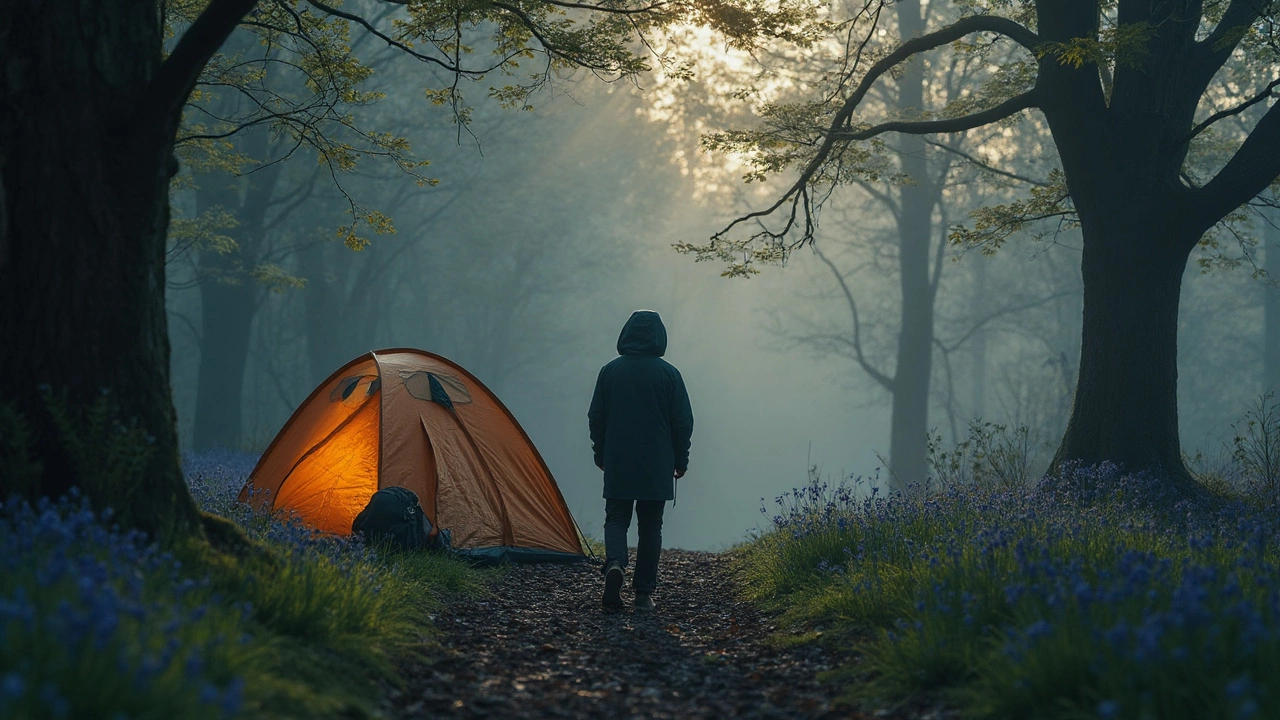Wild Camping Laws UK – Quick Guide to Staying Legal
Thinking about setting up a tent under the stars in England, Scotland or Wales? It’s not as hard as you think, but you do need to know the rules. In this guide we break down the basics, point out the hot‑spots where you can camp for free, and give you practical tips so you won’t end up with a ticket.
Where Can You Actually Camp?
Scotland is the easiest place – the Land Reform (Scotland) Act 2003 gives you a legal right to camp on most unenclosed land, as long as you act responsibly. Pick a spot away from houses, farms or private gardens, keep a low profile, and you’re good to go.
England, Wales and Northern Ireland are stricter. There’s no blanket right to camp, but you can still find legal spots. Look for:
- Designated wild‑camping areas on national parks or forests that specifically allow it.
- Landowners who have given permission – many farmers, land trusts and even some local councils welcome campers if you ask.
- ‘Open access’ country‑wide paths where a short, discreet stay is tolerated, as long as you follow the Countryside Code.
When in doubt, ask the landowner or check online resources that list approved sites.
Key Rules to Follow Anywhere in the UK
Even where you’re allowed to stay, there are simple rules that keep you out of trouble and protect the environment:
- Leave no trace – pack out everything you bring, and don’t leave fire pits or litter.
- Stay short – limit your stay to one or two nights on the same spot.
- Keep away from homes and livestock – give at least 100 metres of space from houses and fences.
- Don’t make a fire unless it’s explicitly allowed; use a portable stove instead.
- Sound down – if you’re near a road or village, keep noise low after 10 pm.
Following these basics not only keeps you legal, it also makes you a welcome guest for the next camper.
Now that you know the legal landscape, here’s a quick checklist for your next wild‑camping trip:
- Pick a region – Scotland for freedom, England/Wales for permission‑based spots.
- Check the landowner’s policy online or call ahead.
- Bring a small, lightweight tent and a portable stove.
- Pack a trash bag, a shovel for covering any waste, and a rain‑proof tarp.
- Leave the site exactly as you found it – or nicer.
With these steps you’ll enjoy the peace of wild camping without the worry of fines or bad vibes. Happy camping!
